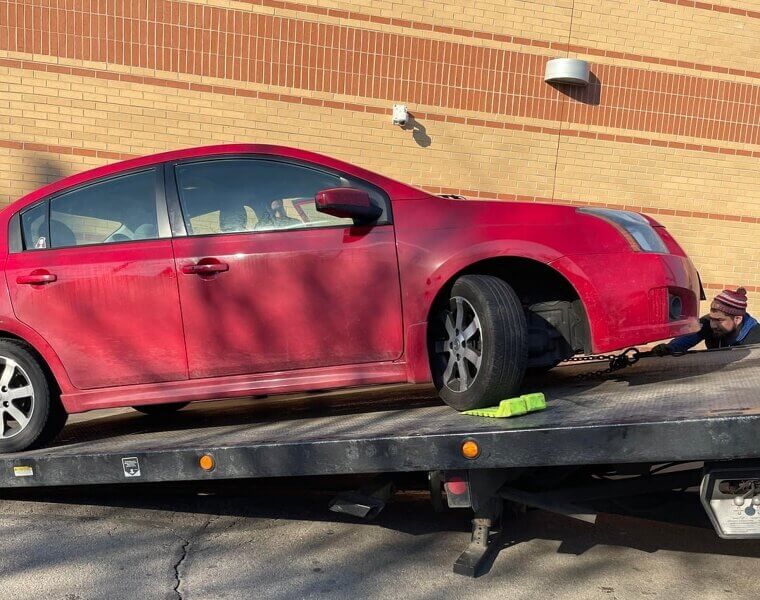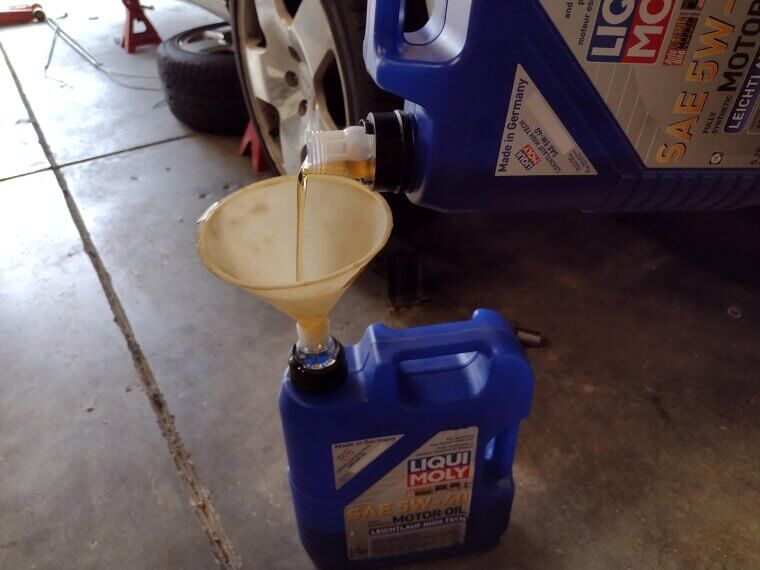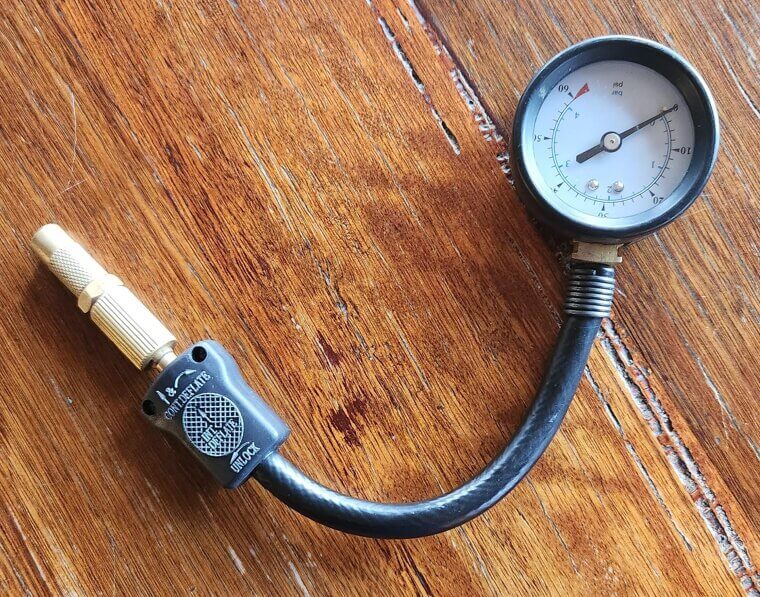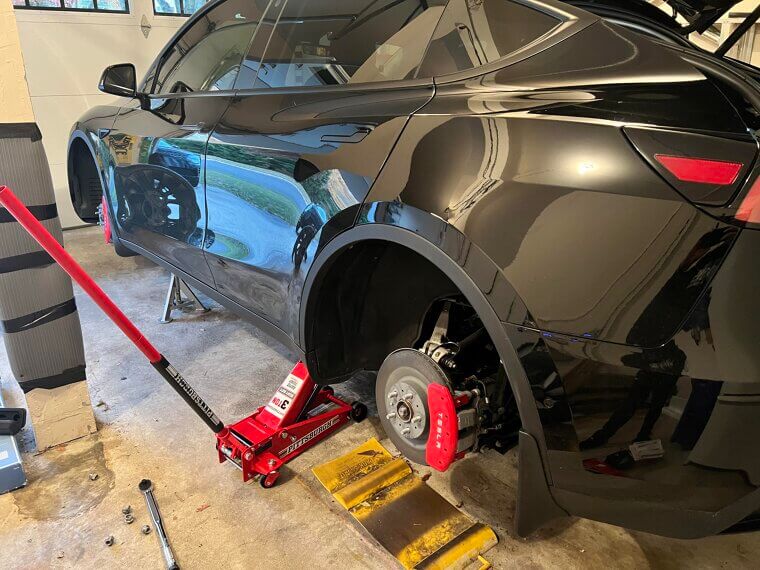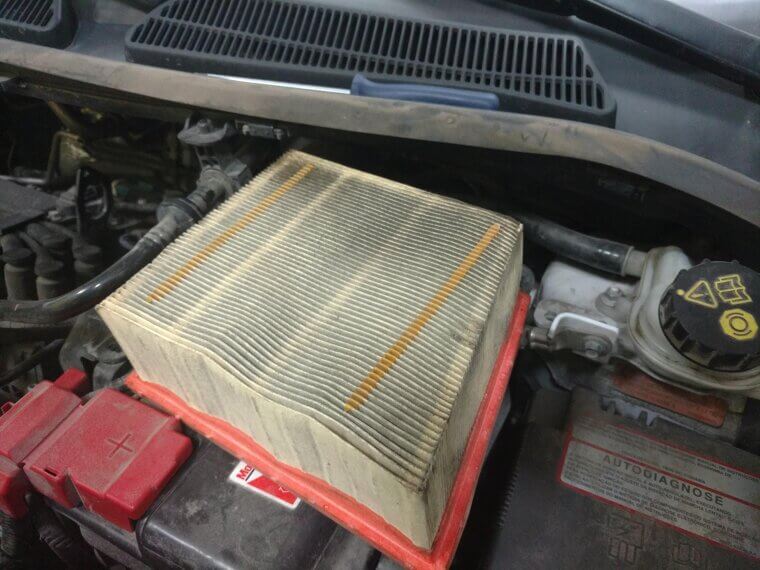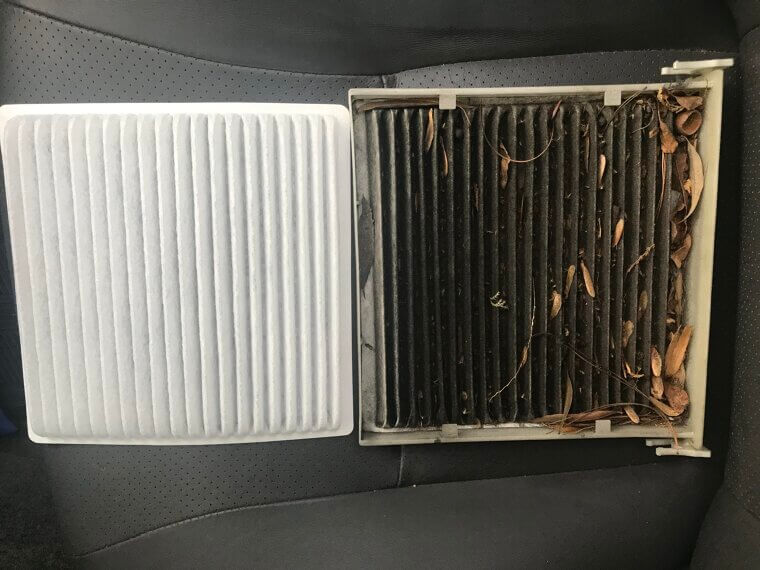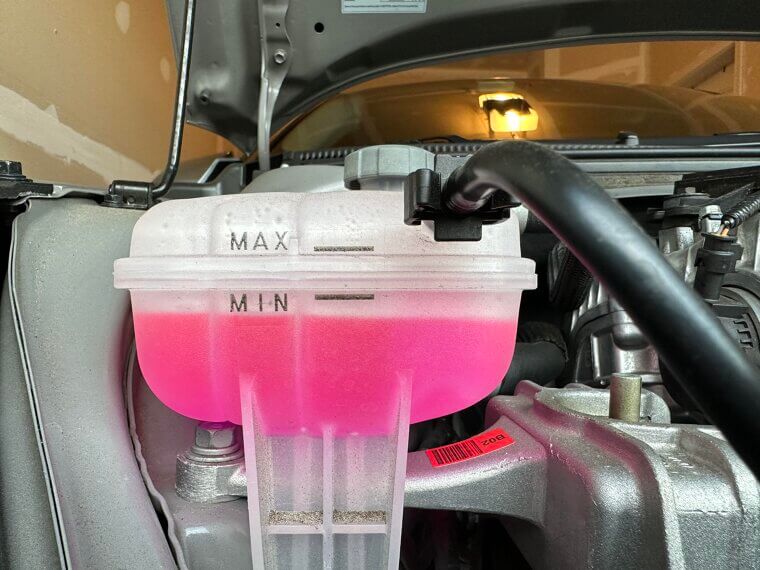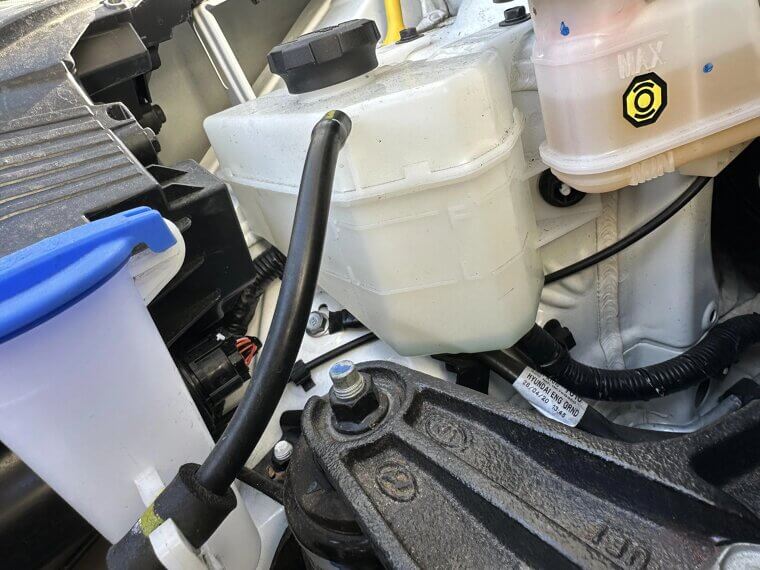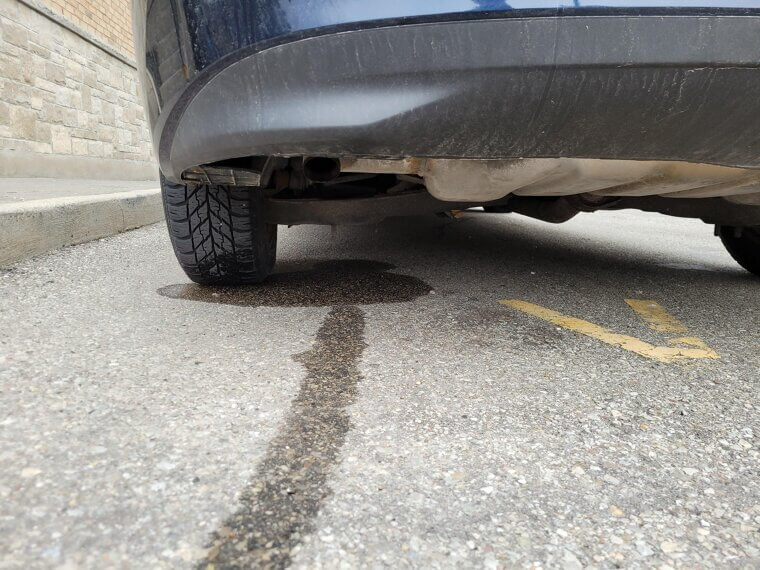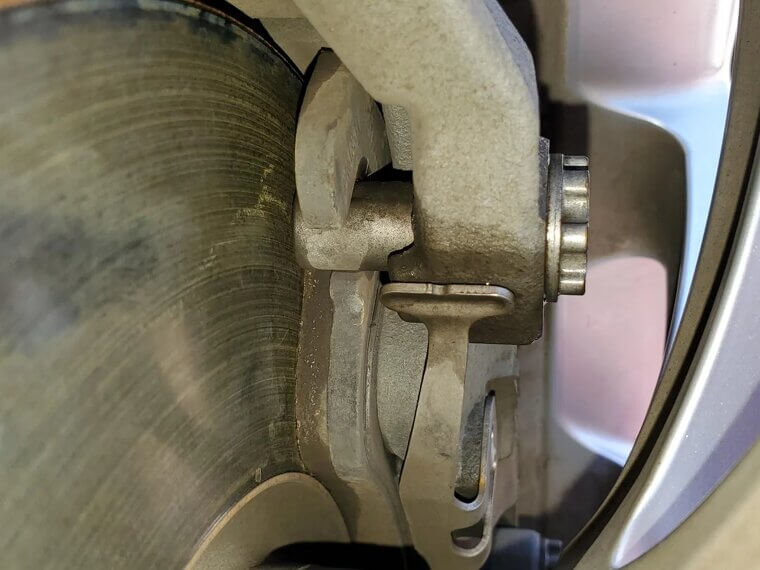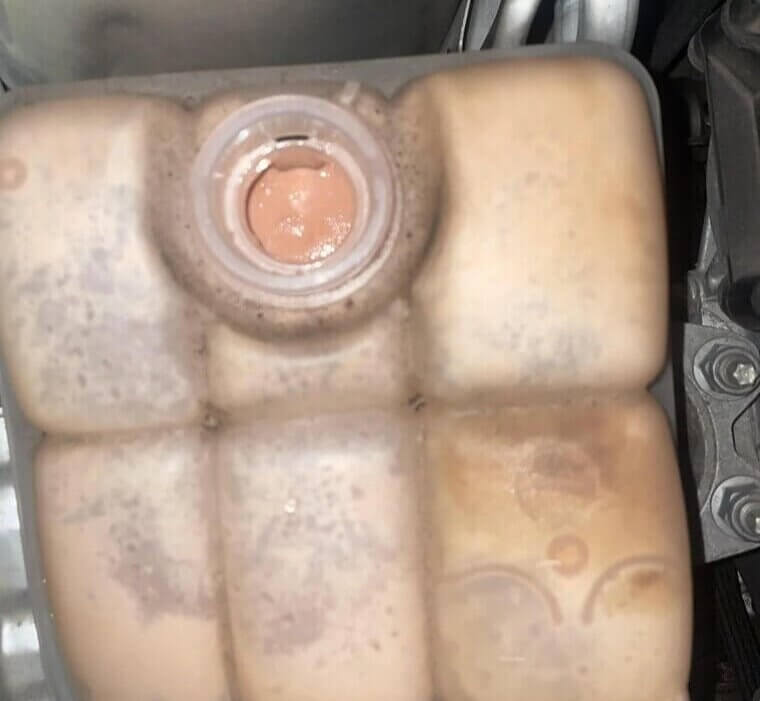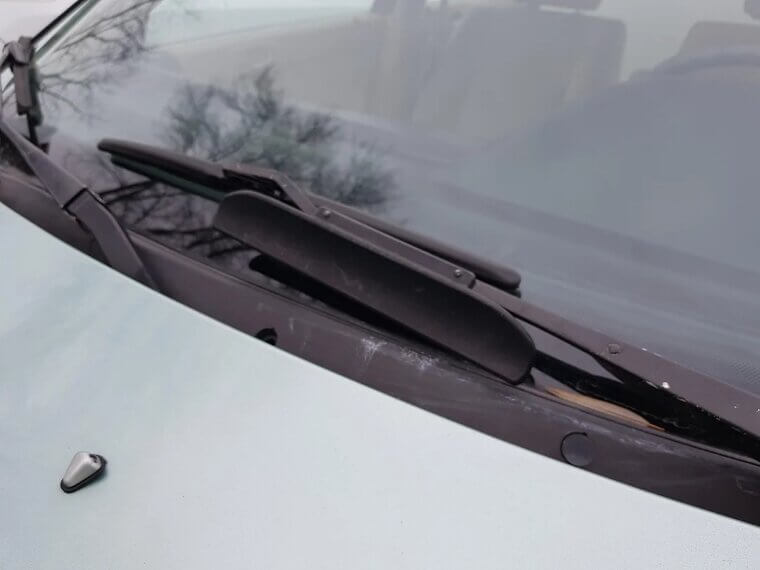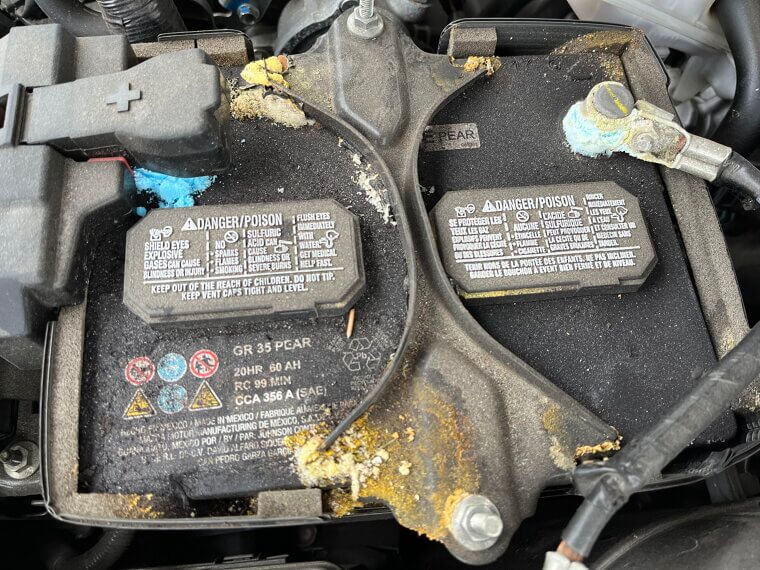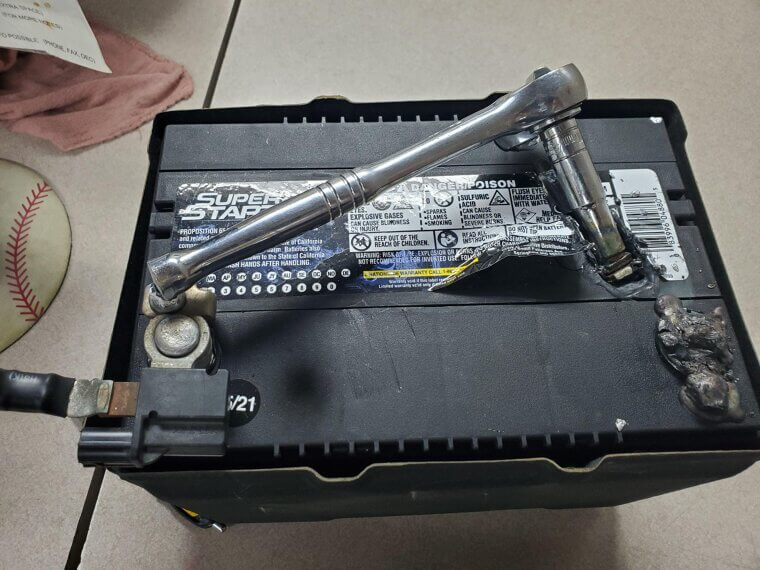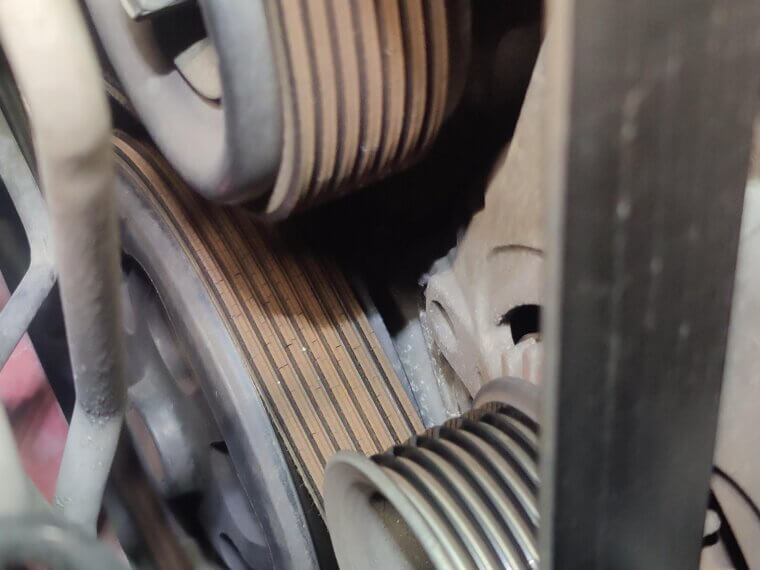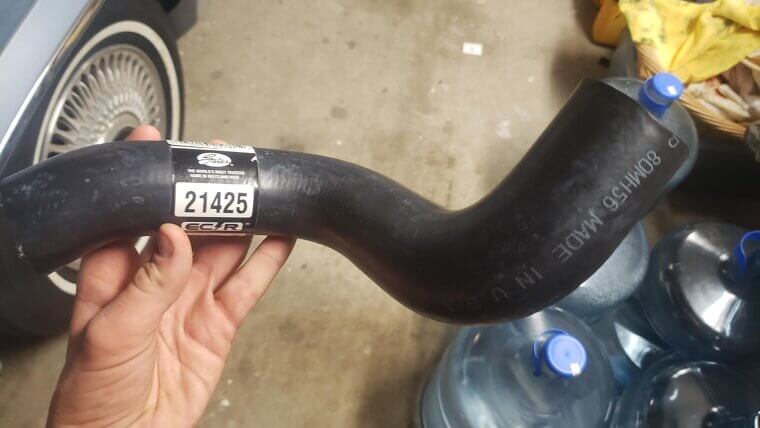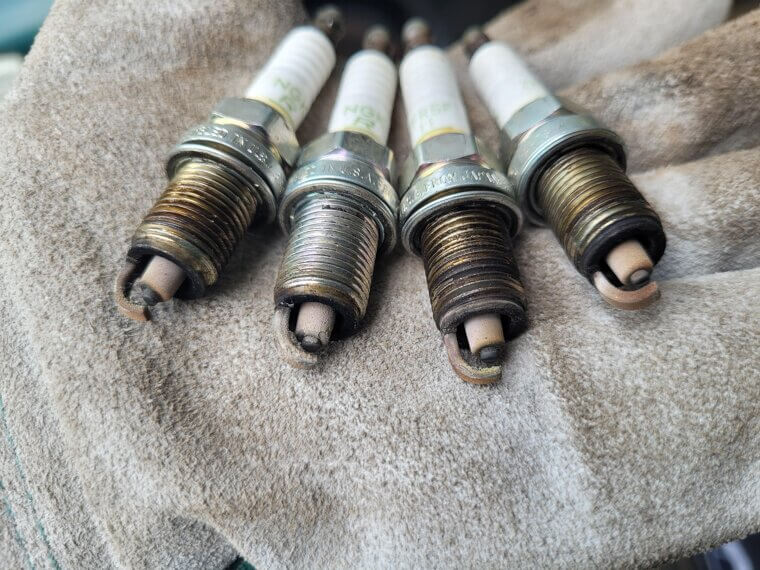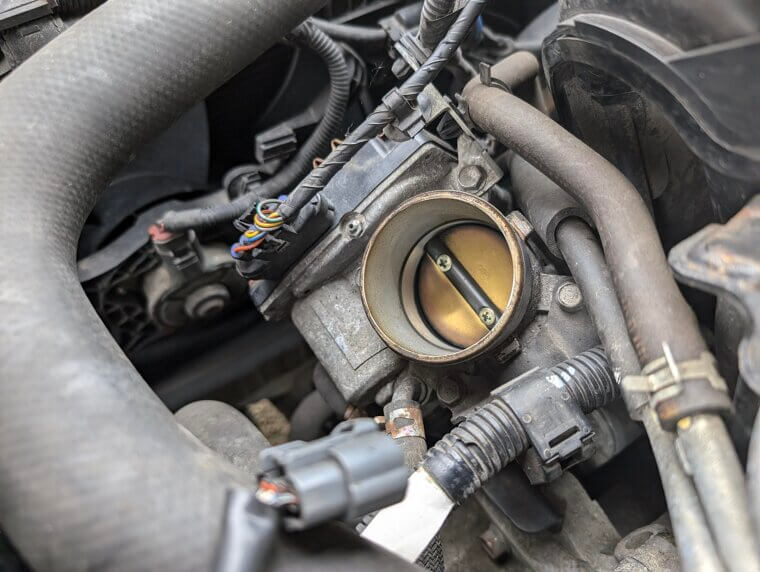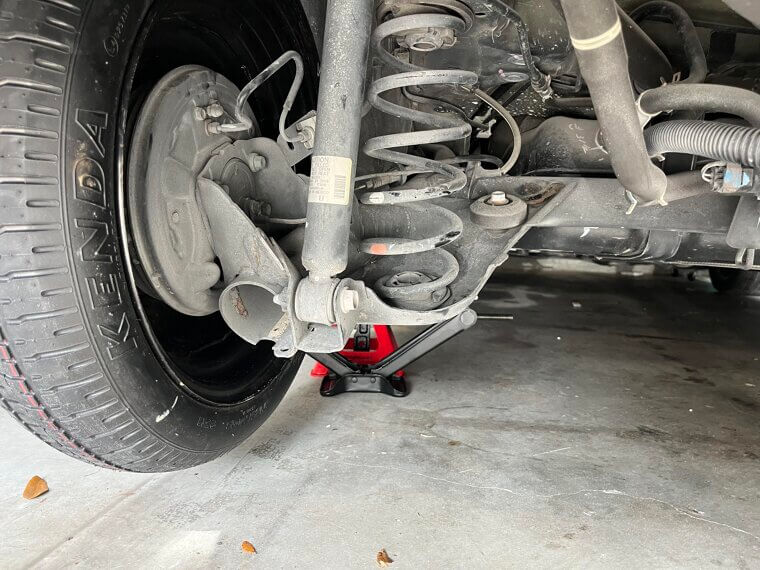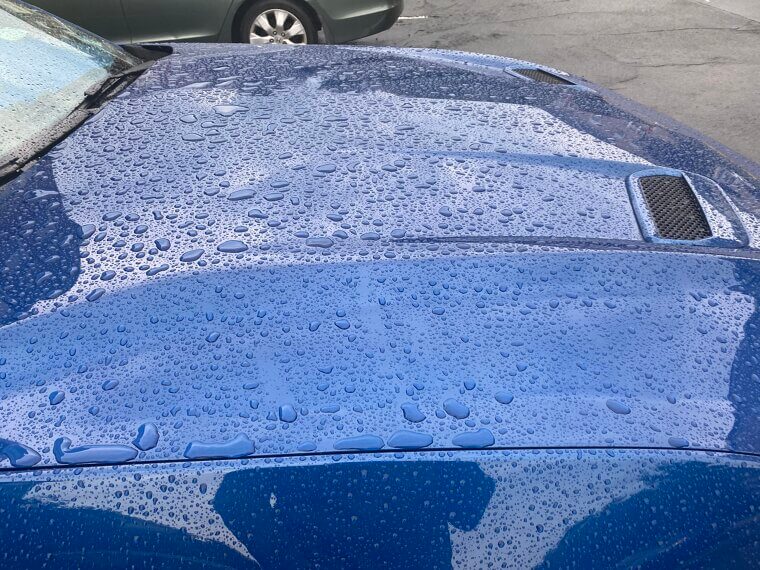Wheel Alignment
This should go without saying, but your car’s wheels need to be properly aligned in order to ensure safe driving. Beyond that, however, proper wheel alignment also ensures even wear for every wheel, while also mitigating steering wheel drift and improving handling overall.
Regular Oil Changes
Your car needs more than just fuel to keep going. Oil is the stuff that keeps all the bits and bobs in your car’s engine lubricated, reducing friction and helping to keep the engine cool. It’s important that you change it regularly to avoid overheating and long-term engine damage.
Checking Tire Pressure
Sure, tires are important, but it’s not enough to just pump them once or twice every couple of weeks. Ensuring your tires are properly inflated at all times (according to the manufacturer’s PSI) helps prevent blowouts and reduces overall wear and tear. It also helps to maintain solid fuel economy, since deflated tires put extra strain on your car.
Rotating Tires
Maybe you’re already in the habit of keeping your tires properly pressurized at all times. Well, you’ve won at least half the battle with that. But equally important is regularly rotating your tires, which promotes even wear and helps prevent premature replacement.
Replacing Engine Air Filter
Your engine is made up of many different parts, each with its own unique function. The air filter ensures that all the air entering your engine is clean, but it’s not meant to last forever. You’ll want to ensure yours is replaced regularly, since a clogged filter can reduce fuel efficiency and overall engine performance.
Replacing Cabin Air Filter
If the engine air filter is what ensures clean air circulates through your engine, take a guess as to what the cabin air filter does. Indeed, ensuring this is replaced semi-regularly improves airflow in your cabin, while also preventing bad odors and even possible allergens from circulating.
Checking Coolant Levels
While fresh oil can help to prevent overheating in your engine, it can’t do so alone. That’s where coolant comes in. It’s a mixture of water, antifreeze, and corrosion inhibitors that works to ensure your engine is always operating at the right temperature. Needless to say, you’ll want to check up on it regularly.
Flushing Coolant System
In general, you want to make sure your car is regularly “topped up” with all its vital fluids, replacing old fluids with new. While checking your coolant system, you may need to flush out the old coolant and replace it with new fluid to prevent corrosion in the radiator.
Brake Fluid Replacement
For a machine that’s made up of a bunch of hard metal, gears, gizmos, and doo-dads, your car requires a surprising amount of fluid to keep operating smoothly. Brake fluid is one such fluid you’ll want to check every now and then and replace if needed, since it absorbs moisture over time and reduces braking efficiency.
Inspecting Brake Pads and Rotors
Speaking of braking, you’ll also want to get your brakes checked out with some regularity, too. This is because brake pads and rotors wear out over time, reducing stopping power and increasing your risk of a collision; they also damage the overall braking system.
Transmission Fluid Change
Again with all those fluids! Transmission fluid is essentially a lubricant for your car’s transmission system. Like coolant, brake fluid, and oil, it will eventually grow old and lose its potency, potentially causing shifting issues and incurring costly repair bills if it isn’t replaced promptly.
Checking and Replacing Windshield Wipers
Windshield wipers may not seem entirely crucial to preventing your car from breaking down, but they are imperative for maintaining visibility in extreme weather conditions - and preventing collisions and crashes. Make sure to replace yours if you notice them streaking or splitting.
Cleaning Battery Terminals
If the engine is the heart of your car, then the battery is the lungs. It’s made up of a number of different parts, most crucial of which are the nodes (terminals). These are prone to corrosion, so you’ll want to coat them with some protective spray to ensure safe starts.
Testing the Car Battery
While we’re on the topic of your car’s battery, it’s important that you monitor its “vitals,” especially during extreme weather conditions when batteries tend to weaken. The weaker they are, the more prone they are to suddenly failing when you need them most.
Checking and Replacing Serpentine Belt
Among the many bits and bobs that make up your car’s internal mechanisms and components is the serpentine belt. This rubber appendage is what drives power steering, the alternator, and a whole lot more. Be sure to check it regularly, since a snapped belt can quickly leave you stranded and cause damage to other components.
Checking and Replacing Hoses
We’ve spoken plenty about fluids, coolants, and oils throughout this list so far, but they wouldn’t be effective without hoses to transport them all. Naturally, that means you’ll want to check your hoses regularly, since failed hoses can cause overheating and engine problems.
Changing Spark Plugs
Spark plugs are another crucial engine component, being responsible for delivering the electrical current needed for combustion. If yours are too old, your car may suffer from misfires and reduced acceleration and fuel economy, so be sure to replace them regularly.
Cleaning the Throttle Body
Your car’s throttle body is the device that controls how much air enters your engine, regulating its power and speed. This valve is prone to carbon buildup, which needs to be cleaned thoroughly to ensure smooth idling and improve your car’s acceleration.
Inspecting Suspension Components
Your car’s suspension is what keeps it aloft while driving. The suspension system comprises a variety of components, namely shocks, struts, and bushings, all of which are prone to varying degrees of wear and tear. If your suspension is worn, you’ll definitely feel it in your comfort levels, as well as how much control you have over the vehicle.
Washing and Waxing
Okay, so washing and waxing your car may not necessarily be integral to preventing a breakdown, but it is essential for ensuring that your car’s value doesn’t break down. Cleaning your car regularly not only improves its potential resale value, but it also prevents rust and preserves the paint, ensuring that you’re always riding pretty.

